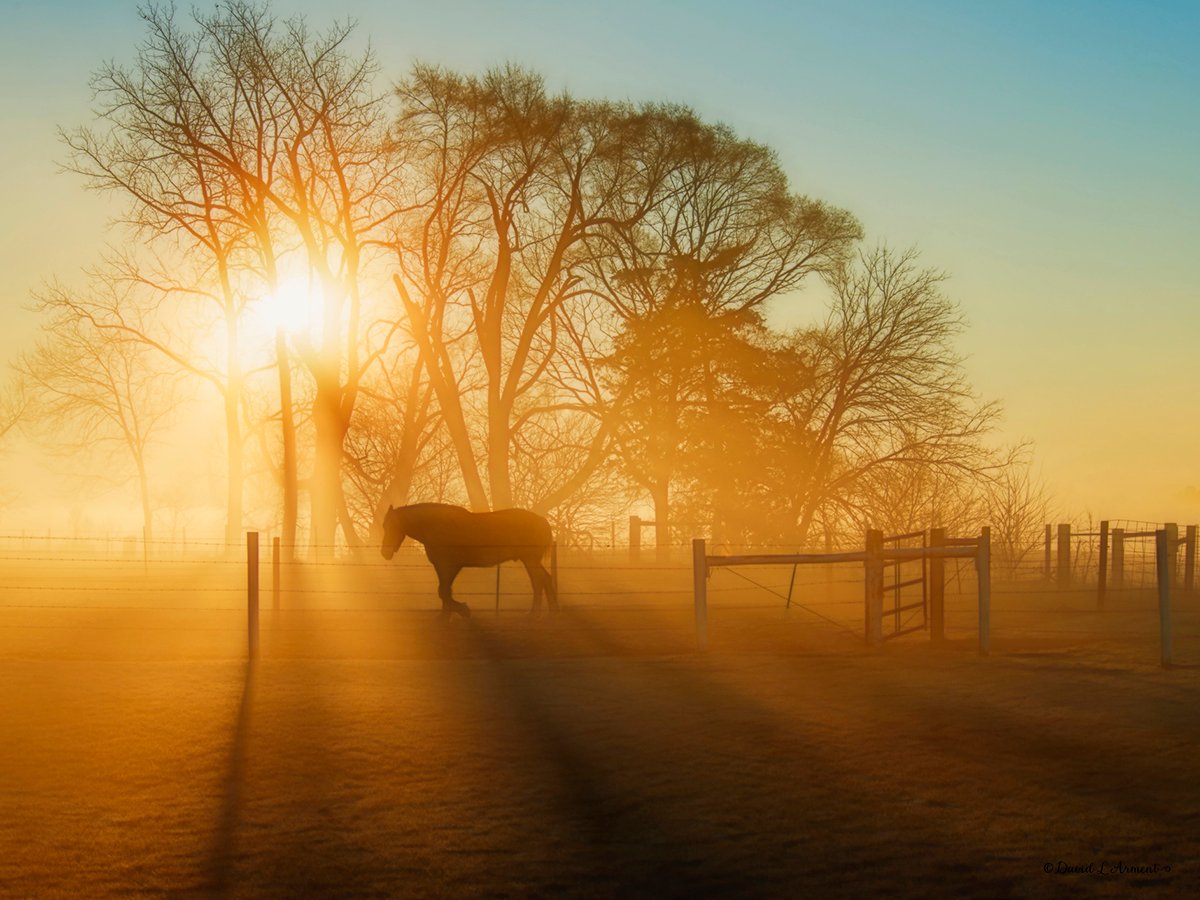When I first was asked to write weather articles more than 20 years ago, one of the ideas that was thrown out was to discuss different weather folklore and in particular, winter weather folklore.
Over the years, I have touched on this topic, and just like the last times I tackled this topic, I thought it might be fun to take a closer look at some of these signs and try to dissect them a little bit to see if they are or can be used to predict future weather.
This may take a couple of articles because over the years, readers have sent a lot of winter weather folklore.
Read Also

StatCan stands by its model-based crop forecast
Statistics Canada’s model-based production estimates are under scrutiny, but agency says it is confident in the results.
Heavy and numerous fogs in August mean heavy snowfalls in winter
I have been asked about this one, or a variation of it, several times in the past. While some people truly believe in this one, I am a little more skeptical. If you live in a valley, then you might see fog almost every day in August, while those 10 to 50 kilometres away will almost never see fog. As a result, it can be a very local event, whereas snowfall tends to be much more regional.
If the trees drop their leaves early, winter will be harsh, or if there are heavy crops of fruit, thick husks on the corn or lots of acorns, then it will be a tough winter.
Deciduous trees begin to shed their leaves when they prepare for winter dormancy. This early leaf drop can sometimes be a response to early-season cold snaps or drought conditions. The growth of acorns, like a lot of other trees that produce fruits or seeds, tend to have bumper crop years that are then followed by one to several years of small crops. Scientists believe that acorn crops cycle between small and large crops not because of weather but as an evolutionary response to ensure their reproductive survival. As a result, I can’t see how this would be able to predict a harsh winter.
Early departure of geese and ducks.
Notice that this one says early departure, not early arrival. I find that geese will mostly stick around as long as there is fairly good weather and a decent food supply. That means there are two variables at play here: weather and food. If the fall weather turns bad earlier than expected, forcing the geese and ducks to leave, that might mean we are in a longer-term pattern of cold harsh weather that could continue into the winter. If it is a food supply issue, maybe brought on by a dry summer, for example, the geese might leave early, but that would not be linked to a possible harsh winter.
If the winter starts with a mild November, December will be severe.
I have heard this one a couple times over the last 20 or so years. This folklore might be tied to the common weather idea that over time, temperatures and precipitation will average out. If you had a period of above average temperatures, at some point colder than average will move in. Once upon a time this was mostly true, but lately we are seeing less colder temperatures averaging out the warm temperatures.
That is about all the room I have for this issue, and I still have a few more to go, along with some interesting Indigenous pieces of winter weather folklore. So, I will come back to this topic sometime late this fall or early winter.


















